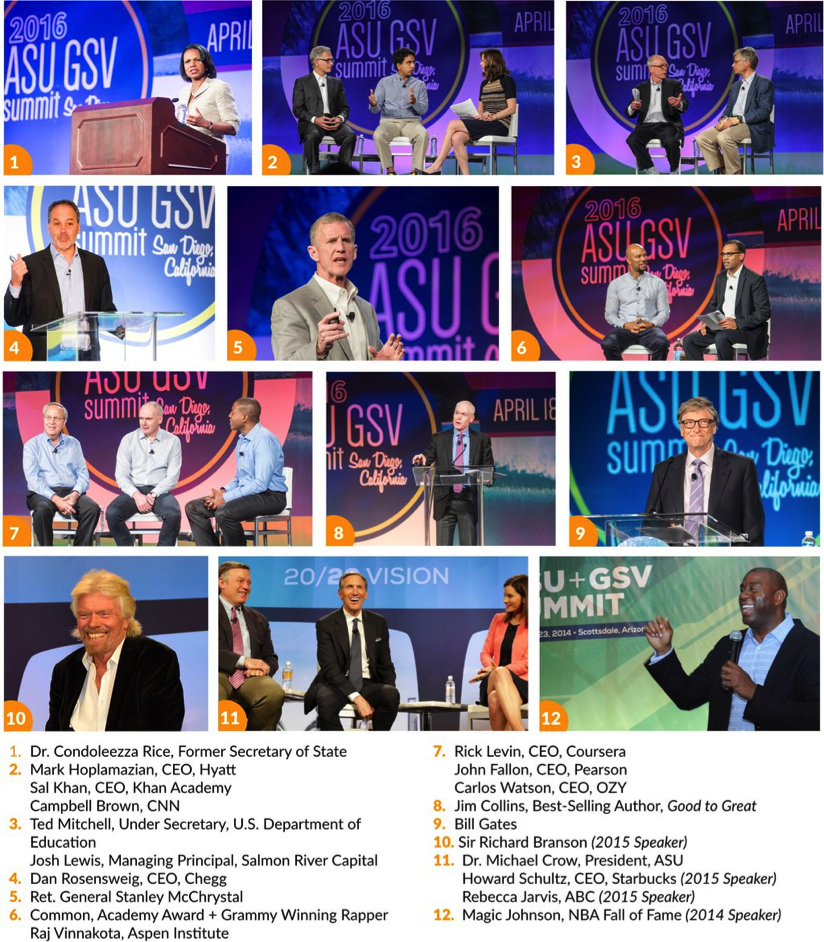by Steven Guttentag, President of Connections Education
On Wednesday June 15th, I attended a lunch at the National Press Club at the invitation of Jeanne Allen, founder and CEO of the Center for Education Reform, and a long-time, tireless and effective supporter of choice and charters. At this event, Jeanne unveiled The New Opportunity Agenda, a manifesto for renewed energy, strategy and action around education innovation and opportunity.
In a nutshell, Jeanne and the panel argued that the progress made over the last 25 years around creating educational choices for all parents (not just the privileged few who can afford private schools) and the development of new educational models, practices and pedagogy, is starting to wane. In some cases, it seems to be even going backwards. She provided a wake- up call to education reformers and asked all of us, across the ideological spectrum, to find common ground around the “twin values of opportunity and upward mobility.”
As someone who has been on the front lines of education reform my entire career, first as a teacher in the District of Columbia Public Schools, then as an administrator in the School District of Philadelphia and now as a co-founder and president of Connections Education, a company supporting K-12 online and blended learning in schools and school systems across the country for 15 years, this was a message for which I had been waiting. Attempting to innovate within our public education system is a constant battle to fit a square peg into a round hole—to justify, to explain, to try to comply with antiquated rules and regulations.
Joining Jeanne at the front of the room in support of this change agenda was John Engler, Former Governor of Michigan, David Levin, President and CEO of McGraw-Hill Education, and














